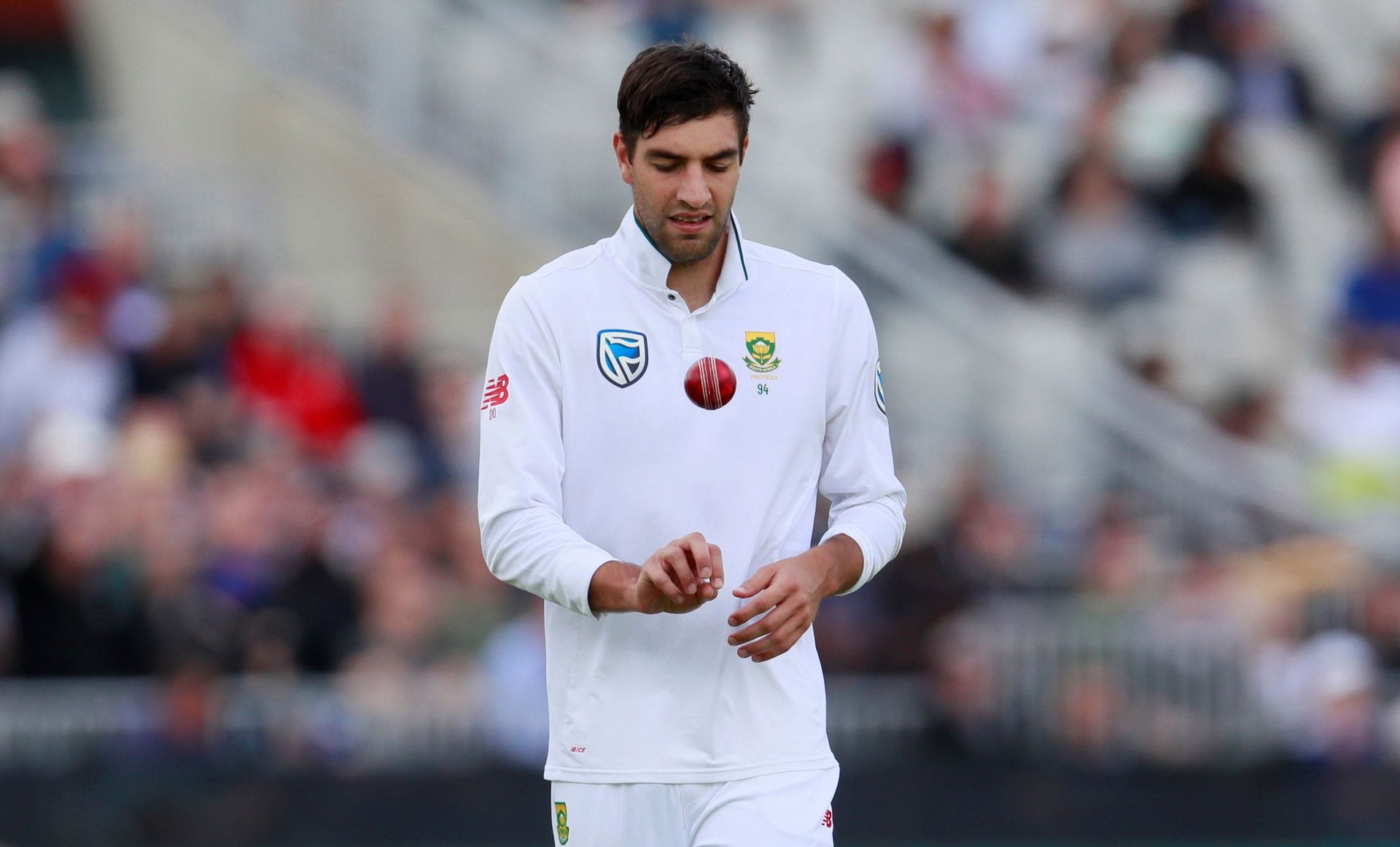South Africa’s cricket fans will be betting on Brexit to save their national team
Depending on how (or whether) the UK withdraws from the European Union, South African and Zimbabwean fans of their international cricket teams may have reason to cheer.


Depending on how (or whether) the UK withdraws from the European Union, South African and Zimbabwean fans of their international cricket teams may have reason to cheer.
Brexit will likely curb an exodus of top cricketers from those countries to England. Since 2003, roughly 43 South African and five Zimbabwean players have decamped to play county cricket in the UK, thanks to a ruling by the European Court of Justice dubbed “Kolpak” after the Slovakian handball player who obtained it.
Kolpak allows citizens of any country that maintains an association agreement with the EU to work in any member country. Both South Africa and Zimbabwe are parties to such an agreement. Now the fate of Kolpak may come down to final terms of the divorce deal the UK and EU hammer out.
Though a Brexit that effectively nullifies Kolpak would narrow opportunities for cricketers to play professionally—a blow to the athletes—it could come as a salve to fans of the national teams in South Africa and Zimbabwe before the next World Cup in India, four years from now.
Tensions flared in February, when Duanne Olivier, one of South Africa’s top fast bowlers, announced he would forgo playing for the national Proteas in this year’s World Cup to sign a three-year deal with Yorkshire.
A month earlier, Olivier, 26, was named “Man of the Series” for taking 24 wickets from Pakistan over the course of three test matches.
“My decision might be difficult for some to understand but being a professional cricket player is a short-lived career and in order for me to make the most of all my opportunities‚ I had to consider all my options,” Olivier said on Instagram.
Endorsement deals aside, Olivier is reportedly earning nearly $200,000 (US) a season at Yorkshire, about triple what he would have earned in South Africa. (Plus he is paid in pounds, which are each worth roughly 18.6 rand.) Though a number of South African standouts have played abroad before returning to play for the national team, nicknamed the Proteas. Olivier’s deal reportedly bars him from representing South Africa for three years.
Olivier exacerbated the sting for Proteas fans when he said last month that he hopes to play international test cricket—for England—in time for the World Cup in 2023.
Players and fans alike are watching the wrangling over Brexit with a view toward Kolpak, which represents a reality of the game that officials in South Africa have resigned themselves to.
“The Kolpak ruling is something we have had to live with for some time and we have to manage its implications as best we can‚” Thabang Moroe, chief executive of Cricket South Africa, reflected in the aftermath of Olivier’s announcement.
For some in both South Africa and the UK, the end of Kolpak cannot come soon enough. Olivier’s “enticement away from South Africa’s team is a disgrace,” the cricket journalist Matthew Engel wrote on Monday in The Guardian. “And if he ever plays for England instead, it will be a scandal.”
Sign up to the Quartz Africa Weekly Brief here for news and analysis on African business, tech and innovation in your inbox
Looking for more in-depth coverage of Brexit? Sign up for a free trial of Quartz membership, and read our premium field guide on Brexit’s irreversible impact.